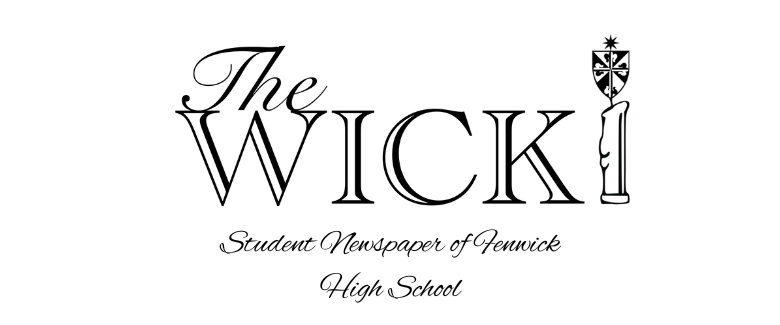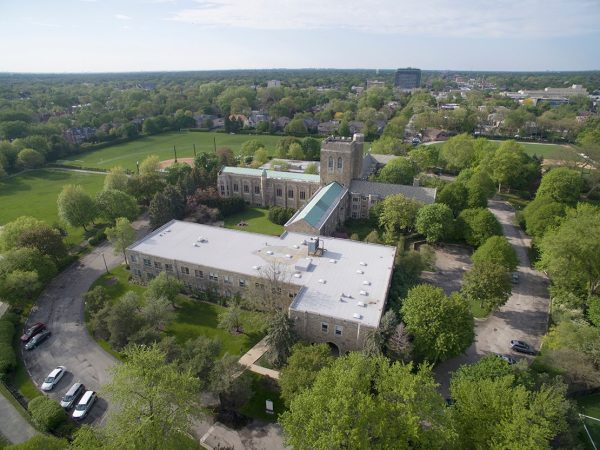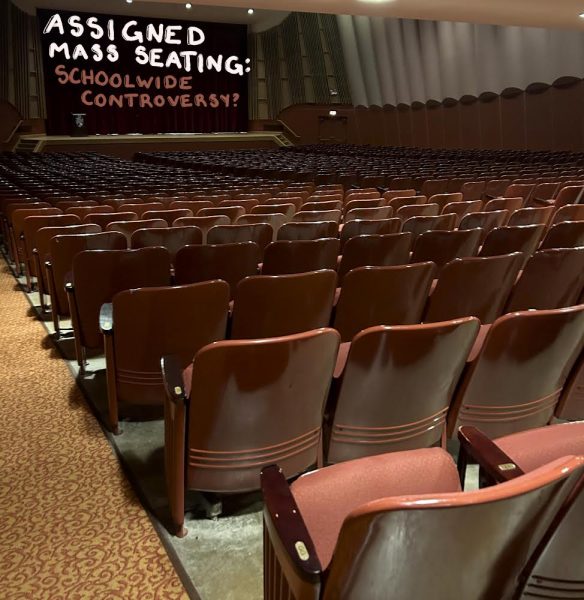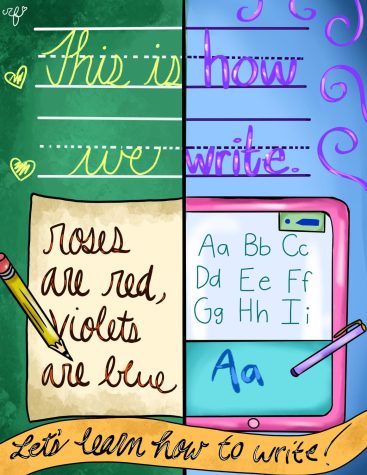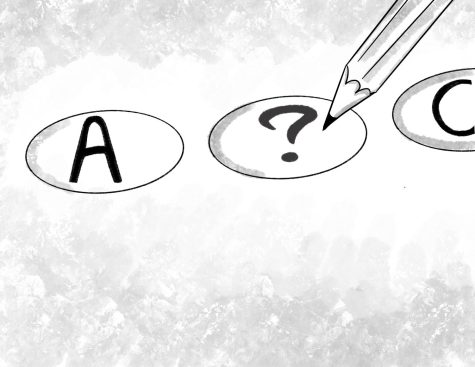Celebrating Black History In Our Schools
February. To some it is only a twenty-eight short days between January and March, to others it can possibly bring a Leap Year and they can celebrate a birthday, but to many, February brings a much deeper sense of importance. February is Black History Month, and gloriously so, yet since my days of being in preschool and just barely knowing what February is, its historical victories and treasures were never emphasized. As I grew into a more conscious state of this situation, it began to trouble me just how easily schools can overlook this powerful month. Yet somehow, school curriculums devote countless days talking about how important Christopher Columbus is to America, a highly racist man, while never spending enough time learning about and celebrating the rich black culture. Fenwick’s current idea of celebrating Black History is playing five highly common songs over the P.A, which should truly be swapped for clear education in Black History. Many students are not aware of black history and dismiss the month’s significance altogether. The ethnic ignorance in schools schools stems from an easily fixable mixed perception of Black History, and the best place to start is in an actual History class.
An important way to celebrate black history would be to set apart class time in history classes in order to discuss and learn about black culture and history. As slavery is not the only event in black history, it is important for students to have a more in-depth
understanding of black history and the events associated with it.
The integrated schools across the country are a result of of Brown Vs. Board of Education, which is a very key aspect of history that applies not only to black people, but to everyone. The stories of settlers coming to the United States thousands of years ago has been taught to students since they were old enough to understand English, but many students fail to recognize many of the more recent events regarding race prejudice that still affect our world today.
Important quotes from prominent African American/black historical figures should be posted around the school. Students and teachers should discuss race and be open about experiences throughout school environments and everyday situations. School curriculums so often dismiss the aspect of prejudice and fear the thought of addressing racism in schools. Today, race is an uncomfortable topic to many, but it should not be. Black history is everybody’s history, and it should be more implemented in our schools to discuss the history that has shaped how our world functions today, more than units students spend weeks on. Through today’s curriculum, students are taught to historically idolize and learn about racists who conquered different countries and oppressed others.
Students should be encouraged to go out and educate themselves on some of the most important civil/historical decisions and declarations made by black people in America. People today simply laugh and shrug off Black History when it’s briefly mentioned in class as anecdotes. February has only a mere 28 days to celebrate such a profound culture, and the school curriculum does not include a shred of its content as a requirement of knowledge of human history during this month. Fenwick should be informing its students that Dr. Martin Luther King Jr., though marvelous, was not the ONLY Black person to ever exist in the world. Fenwick should broaden students’ horizons to musicians, artists, poets, all influential civil rights leaders, and all of the people that fought for black rights. We should be taking the time to learn about how we’re all able to live with, learn with, and even be associated with diversity at Fenwick, and how most music, art, and popular films are a result of Black History making its conquest in America. As the magnificent Madam C.J Walker said, “I had to make my own living and my own opportunity. But I made it! Don’t sit down and wait for the opportunities to come. Get up and make them”, and I will make my voice heard about the urgent necessity of understanding Black History month in our school.

